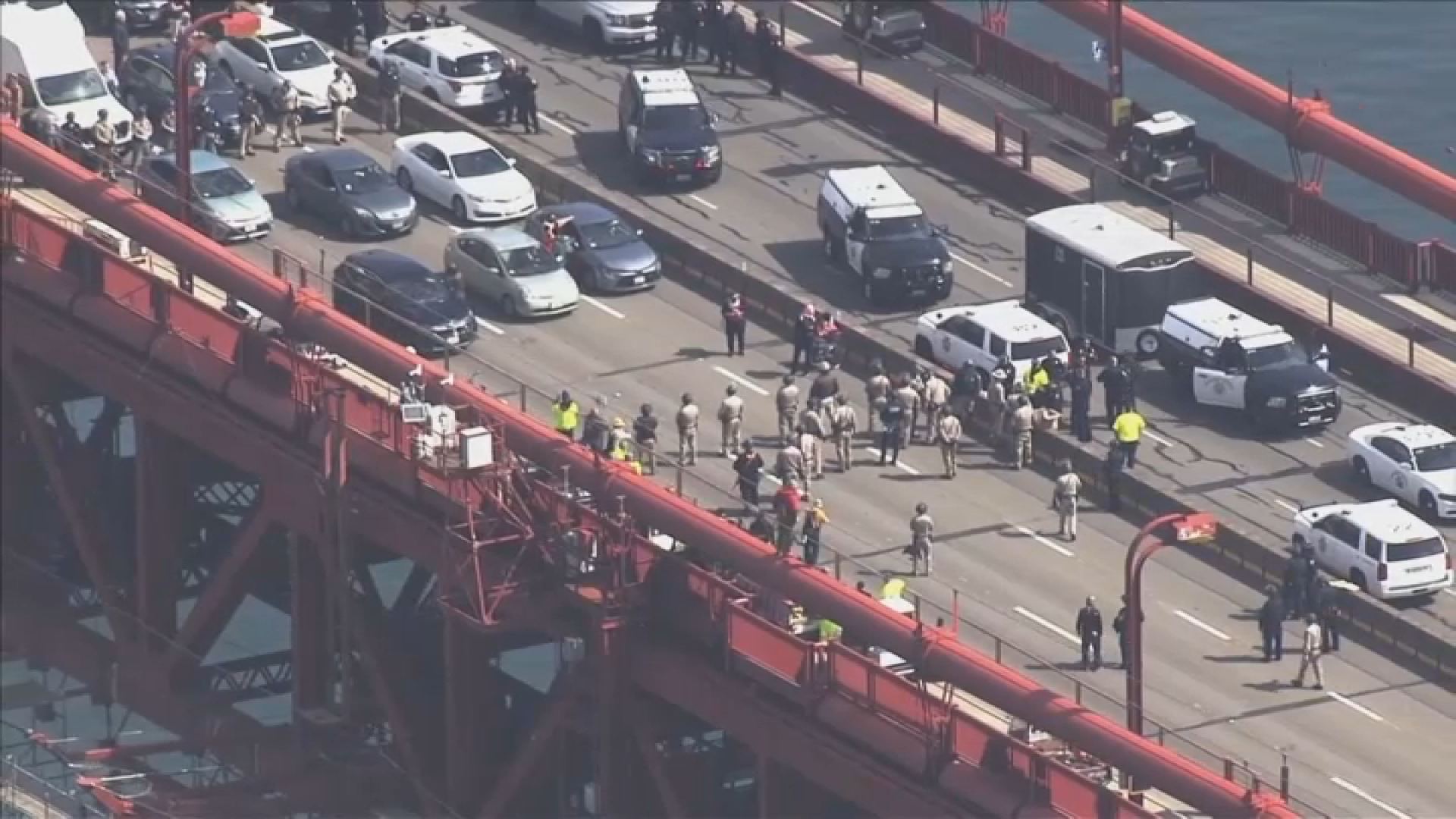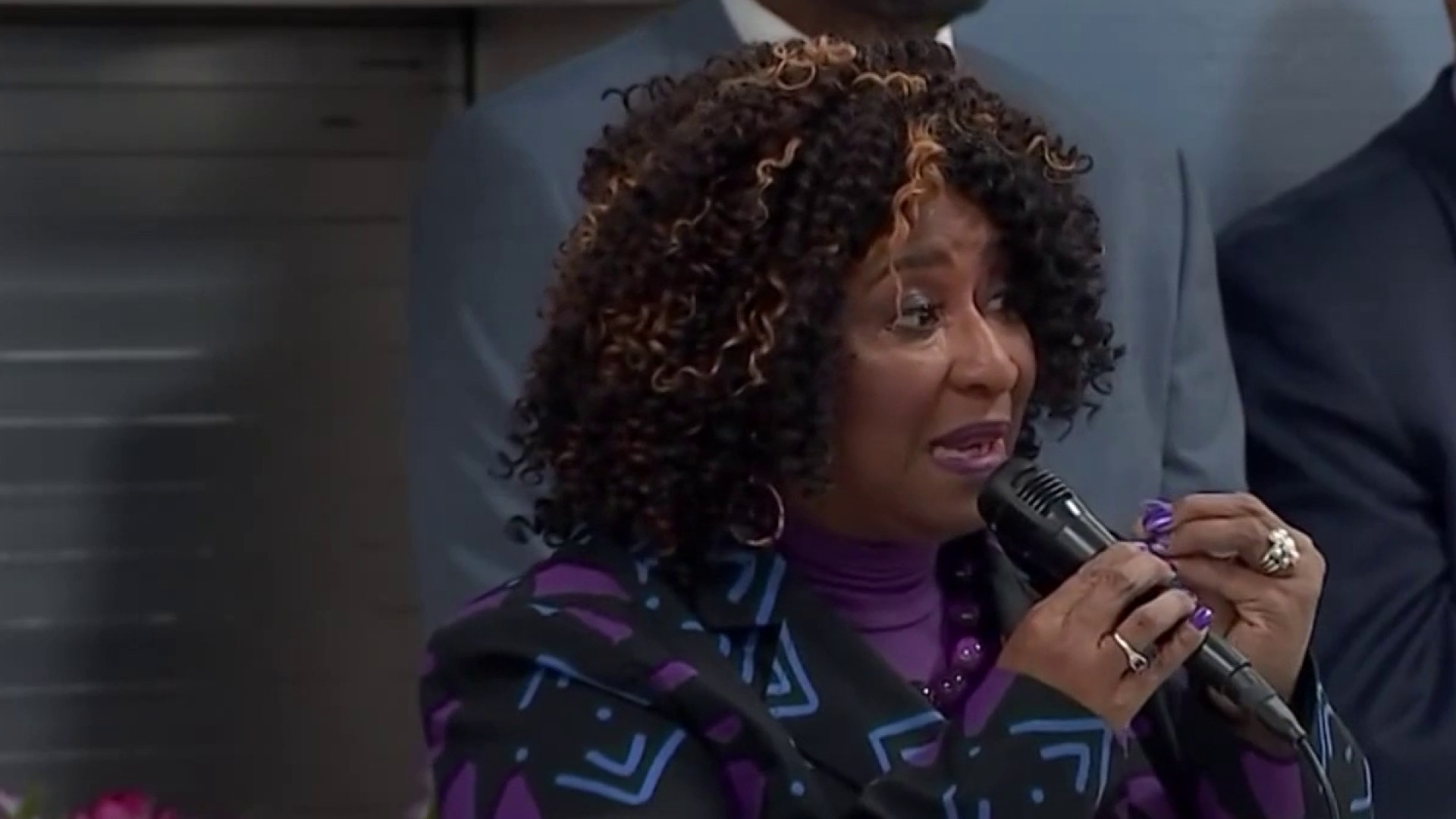A doctor at the University of California at San Francisco is leaving his safe post and family to spend a month in Liberia helping Ebola patients on a journey he feels is a matter of "social justice."
"It’s basically a fight for social justice," Dr. Phouc Le said just before his plane took off from the San Francisco International Airport on Thursday en route to Monrovia.
"It might not be apparent, but Dr. Martin Luther King said one of the most shocking and inhumane injustices is the inequality of health care, and that’s what people like me are trained to do. We need to address these inequities in the world when it comes to health care," he explained.
Still, Le is being realistic about his journey. He is taking box loads of face masks, coveralls, respiratory aids, personal protective equipment, bug spray and stacks of Cup of Noodles with shrimp and trail mix. Plus, he's also bringing along a "healthy, healthy respect for this disease."
He's part of a group called Last Mile Health. The group's motto: "Ebola is deadly. But Ebola can be stopped." He said he's ready for the sacrifice the trip will take.
"What we need to do is double our efforts right now, because our colleagues and folks on the front lines need to have reinforcements, and we need to step up as university as a nation, as leaders, global leaders," he said.
And even though Le has an idealistic view of the situation, it doesn't mean he's not scared.
Local
"There’s absolutely no doubt that I have a certain level of anxiety about it, but I’m hoping to channel that anxiety into vigilance and diligence and taking that respect and turning that into essentially self-preservation," he said. "I'm doing everything I can to make sure I don’t contaminate myself, don’t infect myself."
His wife, Erin, is also scared.
"On a very selfish level, I don’t want him to go," she told NBC News is a previous interview.
Le won't necessarily be working in the Ebola treatment unit, but he'll fan out into the community in smaller clinics and health centers, trying to triage who has Ebola and who may be suffering from other diseases such as typhoid, malaria or the flu.
Despite the possible stigma of Ebola when he returns and the health dangers, Le's employer, the University of California San Francisco, is encouraging its health care workers to make the trip.
"Our mission, our focus, should be on getting enough people to West Africa to stop transmission,” Dr. George Rutherford, who heads the university’s Ebola task force, told NBC News. “If we don’t do that, it’s not going to go away."
The university has set up a system for employees to give their vacation days to those heading to West Africa. So far, more than 660 hours have been donated. Le has also spent three days of intensive training at the Centers for Disease Control in Atlanta learning about Ebola. And he's had past experience in Haiti, when he helped out there in 2010 battling the cholera epidemic.
He feels that he can really help. While there is no cure for Ebola, if it is diagnosed in time, patients can recover. "You do not have to die from Ebola."
UCSF will not allow Le on campus for 21 days upon his return. That means no interaction with patients and no meetings.
Le is fully prepared to self-quarantine.
"I definitely don’t want to put anybody at risk," he said. "Being a public health professor, I know the risks and the signs behind it, and if I’m not exposed directly to Ebola in West Africa my risk is extremely low."
Still, he added: "Any risk is something I need to take seriously, so I’m ready to quarantine myself and not see my family for those 21 days if need be."
He hopes to return to his wife and 2-year-old daughter in San Francisco by Christmas.
NBC News' Joe Fryer contributed to this report.



